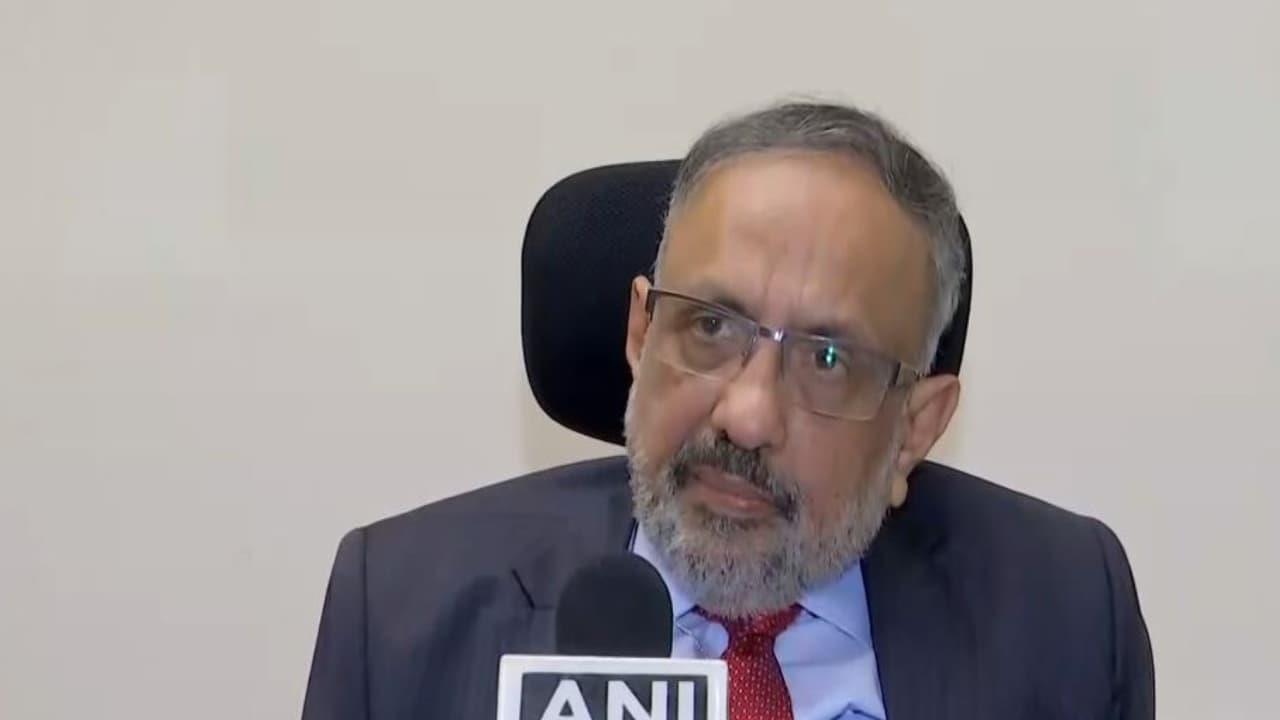
Fixed-Term Workers Get Equal Benefits Under New Labour Codes: Niti Aayog
Win-Win for Employees and Employers
Fixed-term workers, who are loosely termed as contractual workers, will get benefits on par with the permanent workers as the four new Labour Codes came into effect last week, Niti Aayog Member Rajiv Gauba said on Wednesday. Gauba said the new Labour Codes are win-win for both employees and employers.
"...from the perspective of the employers, they have the facility now to engage fixed-term workers without any restriction on sectors or the number of employees. So that will be a huge incentive for them to create more employment opportunities," Gauba told ANI when asked to explain the major significance of the four Labour Codes.
"So far as the (fixed-term) workers are concerned, they get the same benefits as the permanent workers, so there is no disadvantage to them," the Niti Aayog member asserted.
Ease of Doing Business for Employers
For the employers, for the investors, Gauba asserted that there is a paradigm shift in terms of ease of doing business, noting that previous Codes had a large number of licenses to be taken.
A Historic Post-Independence Reform
In a historic decision, the government of India, last Friday, announced that the four Labour Codes - the Code on Wages, 2019, the Industrial Relations Code, 2020, the Code on Social Security, 2020 and the Occupational Safety, Health and Working Conditions Code, 2020 are being made effective with immediate effect. The four Codes rationalise 29 existing labour laws.
While drafting the four Codes, the government argued that many of India's labour laws were framed in the pre-Independence and early post-Independence era (1930s-1950s), when the economy and the world of work were fundamentally different. While most major economies have updated and consolidated their labour regulations in recent decades, India continued to operate under fragmented, complex and in several parts outdated provisions spread across 29 Central labour laws.
According to Gauba, the rationalisation of labour laws is the most comprehensive labour reform post-independence. "After 2014, the central government under the leadership of Prime Minister Shri Narendra Modi has undertaken a large number of highly impactful reforms, structural reforms, regulatory reforms, and institutional reforms.
"But this consolidation of 29 central labour laws into four codes, this I think is one of the most significant reforms in recent times, and it will have a far-reaching impact on promoting and enhancing labour welfare, welfare of workers, catalysing investments, promoting growth and investments and jobs," he noted.
"These are not just a consolidation or unification of 29 laws into four, but it's a much more simple, transparent, regulatory framework, technology-enabled," Gauba added.
Key Worker-Friendly Reforms
Gauba affirmed that the four labour codes introduced many worker-friendly reforms, including mandatory appointment letters, universal minimum wage, timely wage payment, better overtime pay, simplified licensing and registration, social security and better amenities.
Enhanced Support for Women Workers
The new labour codes make workplaces more supportive and inclusive for women, he added. The Codes allow women to work at all hours if they consent and the employer provides safety, security, and transport, mandatory creche facilities at establishments with more than 50 workers, all state and national labour-related boards must have at least 33 per cent women members, and a work-from-home option after maternity leave. (ANI)
(Except for the headline, this story has not been edited by Asianet Newsable English staff and is published from a syndicated feed.) Legal Disclaimer:
MENAFN provides the
information “as is” without warranty of any kind. We do not accept
any responsibility or liability for the accuracy, content, images,
videos, licenses, completeness, legality, or reliability of the information
contained in this article. If you have any complaints or copyright
issues related to this article, kindly contact the provider above.

















Comments
No comment